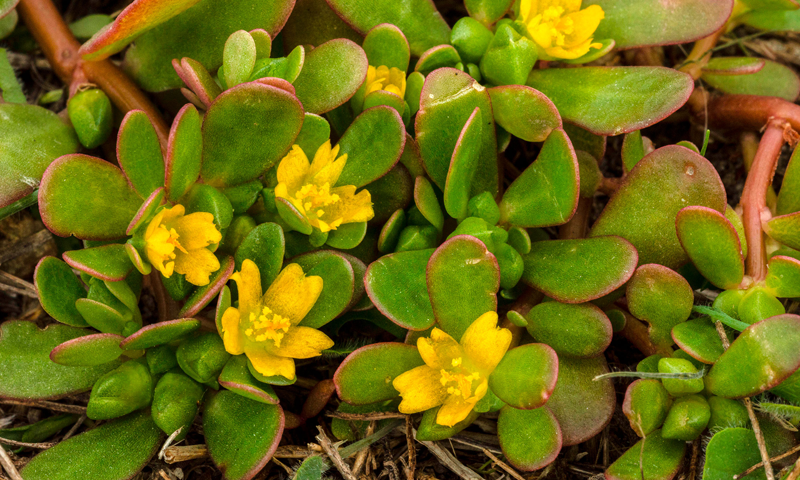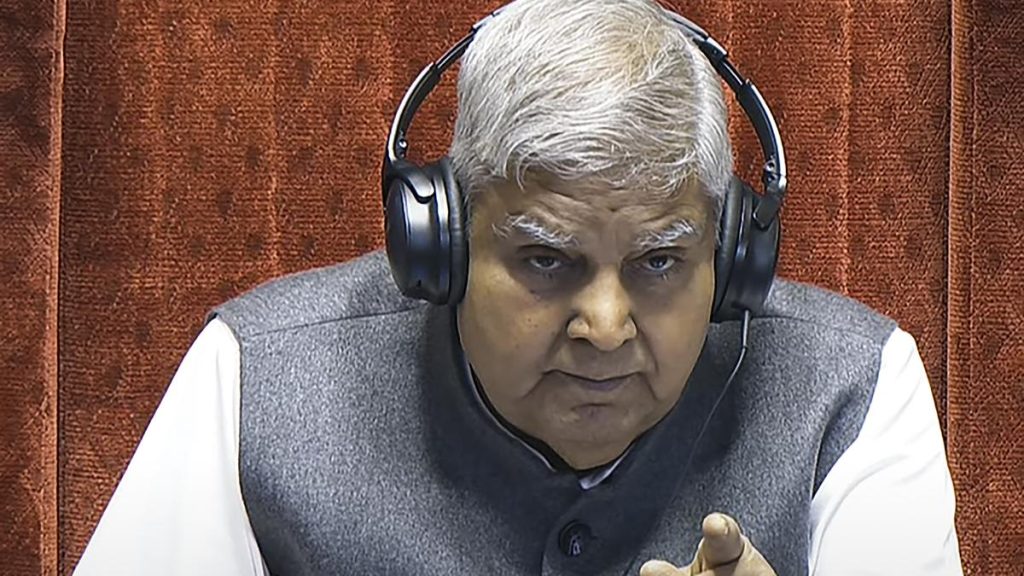Now Reading: Urban Botany: Exploring the Secret Life of Plants
-
01
Urban Botany: Exploring the Secret Life of Plants
Urban Botany: Exploring the Secret Life of Plants

Fast Summary
- Common purslane (portulaca oleracea) is the eighth most widely distributed plant globally, adaptable to diverse environments, including urban areas.
- Researchers in Tokyo found that urban purslane populations are evolving to exclusively self-pollinate, as 95% of offspring from city seeds did not open flowers compared to 76% from rural seeds.
- Self-pollination benefits urban plants by conserving energy, producing larger seeds with better root systems for moisture uptake, and adapting to hotter and drier environments with fewer pollinators.
- Urbanization considerably impacts plant characteristics; global studies reveal city plants grow faster, produce smaller seeds, flower more frequently but suffer reduced genetic diversity due to selfing mechanisms.
- These adaptations help plants survive fragmented habitats and declining pollinator populations in increasingly anthropogenic settings.
indian Opinion Analysis
The study on common purslane’s adaptation highlights an intriguing mechanism by which flora evolves in response to urban challenges. For India-a country experiencing rapid urbanization-this research invites reflection on how native species are coping with similar pressures.Indian cities often host lush roadside vegetation alongside heavy development; understanding how these ecosystems adapt could inform sustainable planning practices.
Moreover, India’s own biodiversity includes several hardy plants used traditionally for medicinal purposes or found growing in dense metropolises under challenging conditions.The finding that reduced genetic diversity from selfing may pose long-term risks is particularly relevant as climate change further stresses ecological balance.Research into local flora resilience can guide conservation efforts while supporting healthier ecosystems amidst increasing human development across the subcontinent.

























